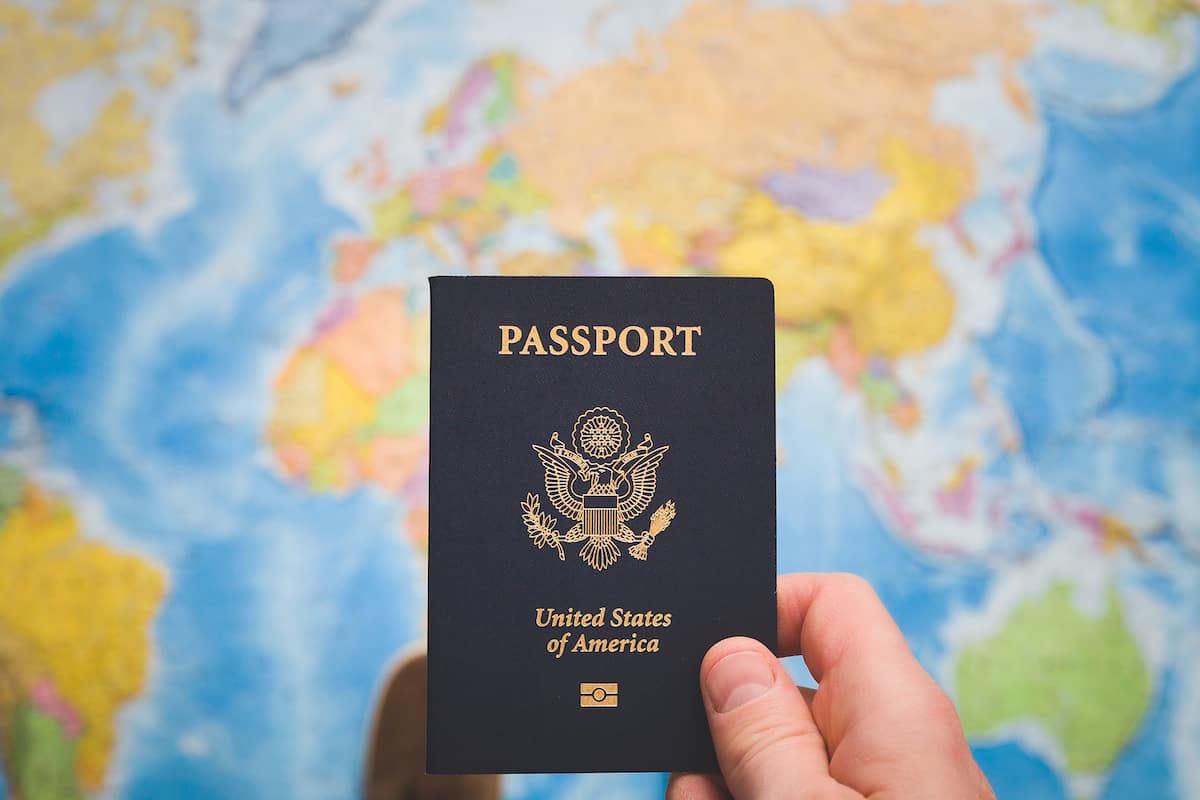Tripped: Navigating Travel with Mental Illness
Amanda: Traveling is one of the great joys of my life. It invigorates me in ways nothing else does,…
Amanda: Traveling is one of the great joys of my life. It invigorates me in ways nothing else does,…

If you’re not native but speak English well, you could effortlessly travel to the US or the UK. Despite…

Australia, with its vast landscapes, stunning beaches and unique wildlife, is a dream destination for many travelers. Whether you…

Join us on an exciting journey to discover 11 of the best waterfalls from around the globe. Each of…

Traveling solo can be an incredibly empowering and enriching experience for women. It allows you to explore the world…

Sailing on a yacht is thrilling: the gentle sway of serene waters beneath you, the comfort of a luxurious…

Why do people flock from all over the world to visit Asia and the countries it inhabits? It is…

Looking to become an expat in Asia? Or wondering which Asian country should i live in? This article will…

We’ve all been there, standing in line waiting to get through customs or to check-in. Suddenly, your heart drops,…

Over the years, the digital nomad lifestyle has gained significant popularity, with many professionals choosing to work remotely worldwide…